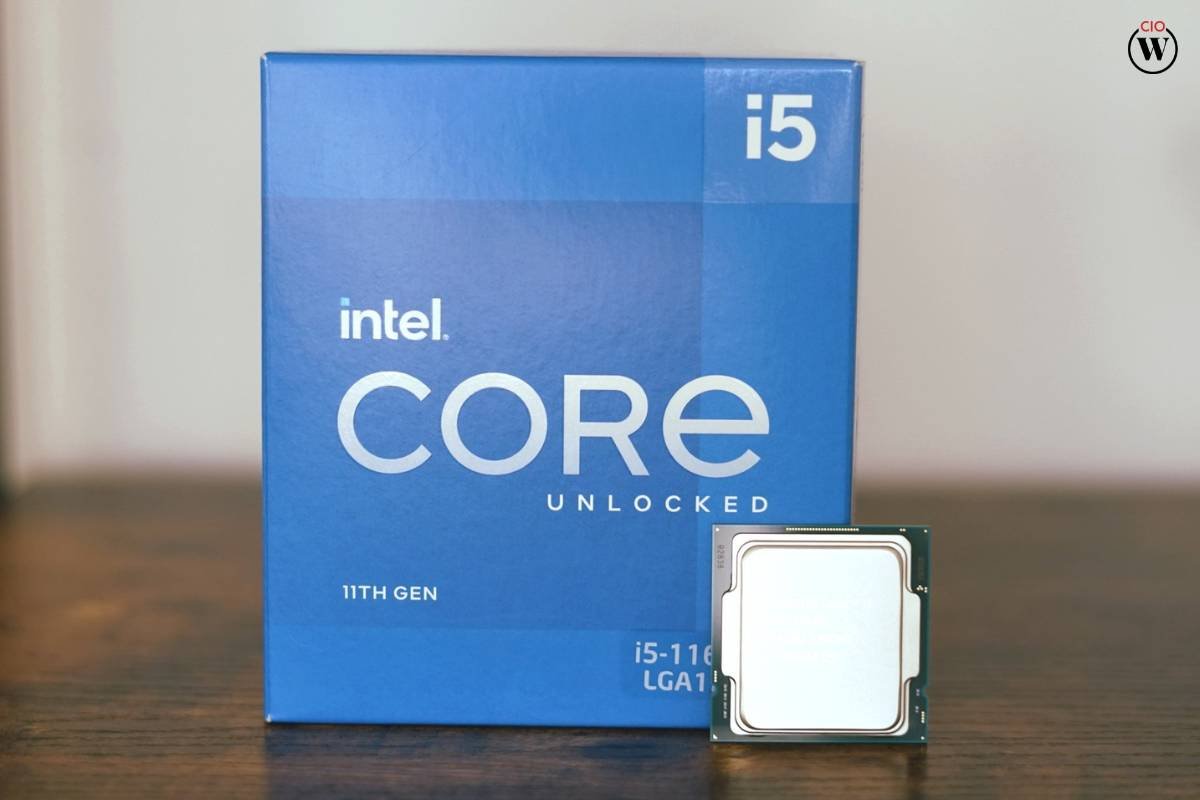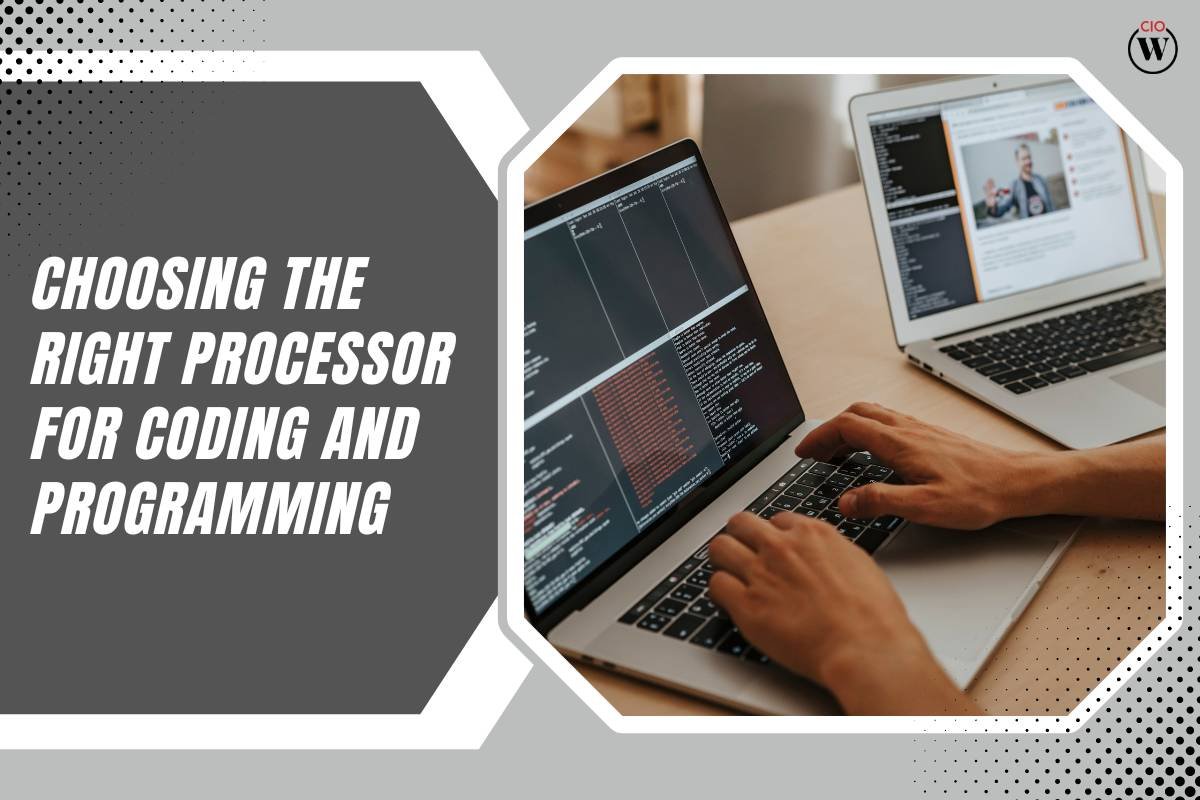In the fast-paced world of coding and programming, having the right tools is essential for optimal performance. One of the key components that significantly influences a developer’s experience is the processor. A powerful and efficient processor can greatly enhance coding productivity, compile times, and overall development experience. In this article, we will explore the factors to consider when choosing a processor for coding and programming, ensuring that you make an informed decision that aligns with your specific needs and preferences.
Understanding the Importance of a Processor for Coding and Programming
The processor, often referred to as the CPU (Central Processing Unit), is the brain of a computer. When it comes to coding and programming, the processor plays a crucial role in executing instructions and handling various tasks simultaneously. A faster and more capable processor can significantly reduce compile times, enhance multitasking capabilities, and contribute to a smoother coding experience.
Key Considerations for Choosing the Right Processor for Coding and Programming:
1. Clock Speed and Core Count
Clock speed, measured in gigahertz (GHz), determines how fast the processor can execute instructions. Higher clock speeds generally result in faster performance. However, it’s essential to consider both clock speed and core count. Many modern processors come with multiple cores, allowing them to handle multiple tasks simultaneously. For coding and programming tasks, a balance between clock speed and core count is crucial.
When working with applications that are optimized for parallel processing, such as compilers and some code analysis tools, a higher core count can provide a significant performance boost. On the other hand, single-threaded applications, which still constitute a substantial portion of coding tools, benefit more from higher clock speeds.
2. Cache Size

The processor cache is a small, high-speed memory that stores frequently accessed data and instructions, reducing the time it takes for the CPU to retrieve them. A larger cache size generally leads to improved performance. For coding and programming tasks, a processor with a generous cache size can contribute to faster code compilation and execution.
3. Architecture
The architecture of a processor refers to its design and the way it handles instructions. Different architectures have varying levels of efficiency and compatibility with specific software. In the context of coding and programming, x86 and x86-64 architectures are the most common and widely supported. Most development tools and software are optimized for these architectures, making them a safe choice for programmers.
4. Integrated Graphics vs. Dedicated GPU
While many coding and programming tasks don’t heavily rely on graphics processing, it’s worth considering whether you need a processor with integrated graphics or a dedicated GPU (Graphics Processing Unit). Integrated graphics are built into the processor and are generally sufficient for coding tasks. However, if you plan to work on graphics-intensive applications or engage in activities like game development, a dedicated GPU may be necessary.
5. Power Efficiency
Power efficiency is becoming increasingly important, especially with the rising popularity of laptops and other portable devices among developers. A power-efficient processor not only extends battery life but also reduces heat generation, leading to quieter and more reliable performance. Look for processors with a good balance between performance and power efficiency for an optimal coding experience.
6. Budget Constraints

While it’s tempting to go for the latest and most powerful processor available, it’s essential to consider your budget. The most expensive processor might not necessarily be the best choice for your specific needs. Evaluate your requirements and allocate your budget wisely, ensuring that you get the best value for your money. Without any doubt, this is a great processor for coding and processing.
Recommended Processor for coding and programming
Now that we’ve discussed the key considerations, let’s explore some processors that are well-suited for coding and programming tasks. Keep in mind that technology evolves rapidly, so it’s a good idea to check for the latest models and reviews before making a purchase.
1. Intel Core i7-11700K
The Intel Core i7-11700K is a high-performance processor with eight cores and sixteen threads, making it suitable for multitasking and parallel processing. With a base clock speed of 3.6 GHz and a turbo boost frequency of up to 5.0 GHz, it offers excellent single-threaded performance. The ample cache size of 16 MB further contributes to faster data retrieval, benefiting coding tasks.
2. AMD Ryzen 7 5800X
The AMD Ryzen 7 5800X is a powerful processor with eight cores and sixteen threads, providing excellent multitasking capabilities. With a base clock speed of 3.8 GHz and a maximum boost frequency of 4.7 GHz, it delivers strong single-threaded performance. The processor’s architecture is well-optimized for coding tasks, and its power efficiency is noteworthy.
3. Intel Core i5-11600K

For users with a tighter budget, the Intel Core i5-11600K is a compelling option. With six cores and twelve threads, it strikes a good balance between performance and cost. The base clock speed of 3.9 GHz, along with a turbo boost frequency of 4.9 GHz, ensures smooth operation during coding and programming tasks.
4. AMD Ryzen 5 5600X
The AMD Ryzen 5 5600X is another budget-friendly option that doesn’t compromise on performance. With six cores and twelve threads, a base clock speed of 3.7 GHz, and a maximum boost frequency of 4.6 GHz, it provides solid performance for coding and programming. The processor’s architecture and cache size make it an excellent choice for developers on a budget.
Conclusion
Choosing the right processor for coding and programming involves considering various factors, including clock speed, core count, cache size, architecture, graphics capabilities, power efficiency, and budget constraints. By carefully evaluating your specific needs and preferences in these areas, you can make an informed decision that enhances your coding experience.
Remember that the processors mentioned in this article are just recommendations based on their specifications and performance at the time of writing. Always check for the latest models and reviews to ensure that you choose a processor that aligns with the current technological landscape. Diane Kluck has many articles and reviews that can guide you in making an informed decision. Whether you opt for Intel or AMD, prioritizing a processor that strikes the right balance for your coding and programming requirements will undoubtedly contribute to a more efficient and enjoyable development experience.









